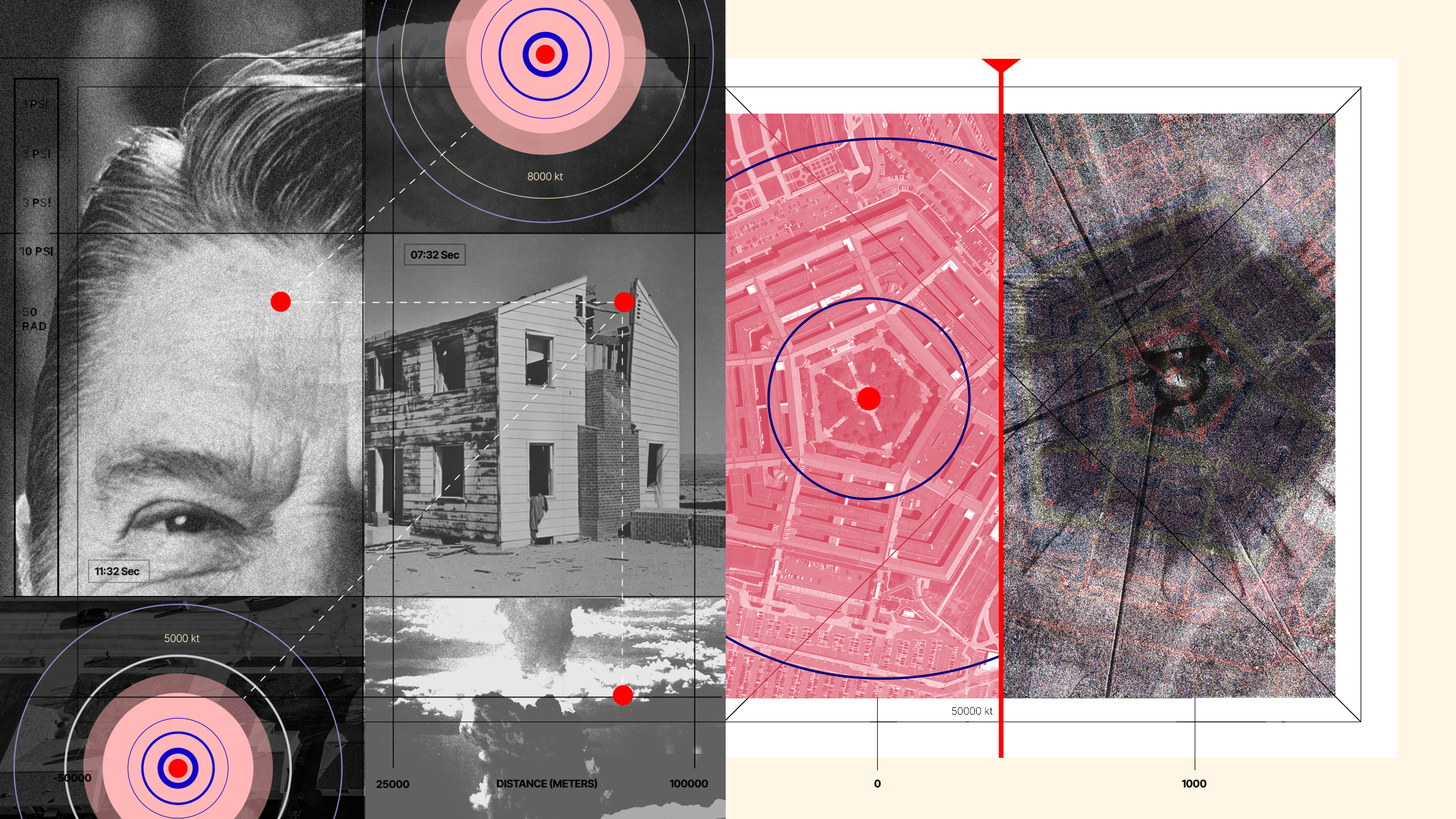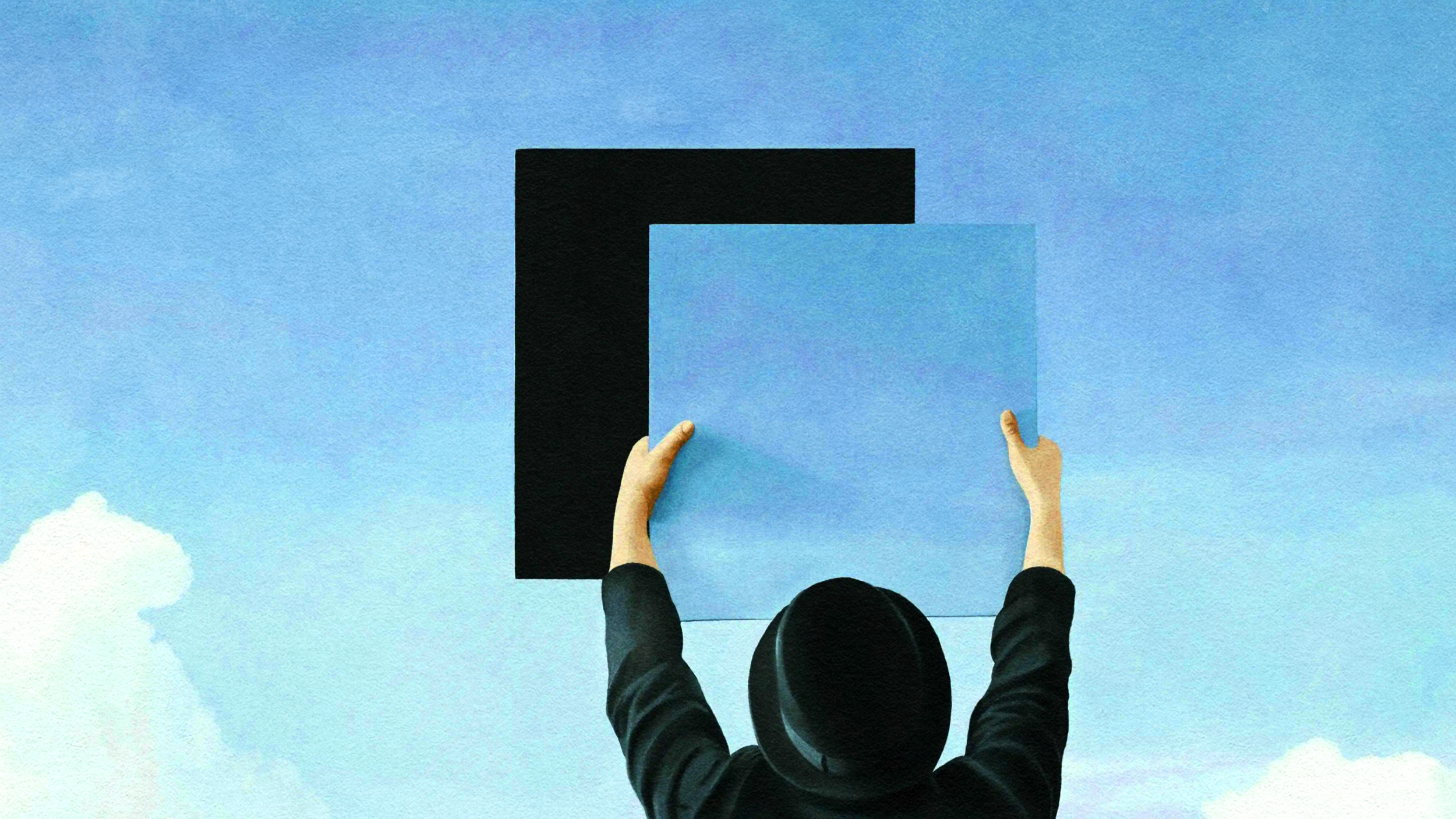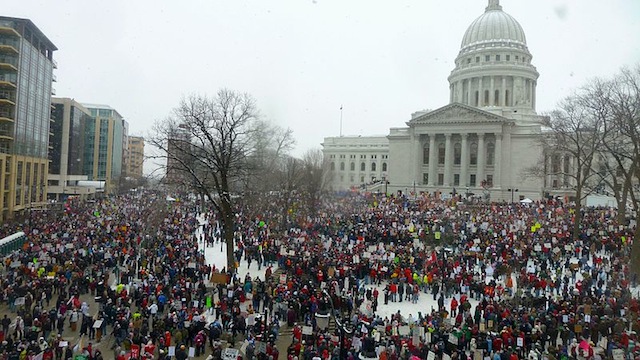Ban ki moon, the UN and Libya – and getting it right

The other evening I was asked onto a radio programme in order to criticise the international community for being slow, or downright useless, in responding to the Libyan uprising. What about Nato? What about the European Union? What about the United States – and what about the United Nations? All these questions and more, demanding the easy response that every international organisation and every political leader is somehow useless, spineless and incapable of bringing Gadaffi to heal.
In fact that is not the case, and most especially not the case with the Secretary General of the United Nations, Ban ki moon, who emerges as one of the very real heroes of the piece. Ban ki moon sometimes struggles to be heard, because in a media World that demands instant comment, there is less time and space for those who bare a very heavy responsibility to calibrate carefully and get things right. But this is what Ban ki moon has done. According to veteran UN observer and commentator, Ian Williams, “Ban has gone a lot further than Kofi Annan ever did”. In doing so, he overcame many of the hurdles that traditionally have been thrown in the way of UN Secretary Generals and reinforced the UN’s doctrine of “responsibility to protect”. Under his leadership, the Security Council moved quickly – and most importantly of all, in unison. Following the UN’s lead the International Court has said that it will investigate war crimes allegations against Colonel Gadaffi. His assets have been frozen, as have those of his family, and by its actions the UN and its agencies have effectively made Gadaffi and his clan, house prisoners.
This isn’t of course preventing him from inflicting further murderous damage on the Libyan people. Nor does it allow some of those organisations that really should be taking responsibility, the Arab League and the African Union from taking a much tougher stand – as Nato was finally obliged to do in the former Yugoslavia.
But let’s be honest, Libya is not in Europe. Military sanctions, unless agreed by the United Nations, should not include America and Europe. Indeed there is every indication that many Libyans don’t want the West to become involved militarily, pointing to the disaster that was Iraq and the continuing disaster that is Afghanistan.
So in answer to the ‘why oh why’ questions that are the preserve of a media that demands instant gratification; Nato shouldn’t be involved, unless the UN says so; the European Union has been slow and pretty flaccid; the Arab League and the African Union should be doing a whole lot more. As for Ban ki moon and the United Nations, they are doing just what is expected of them and very well thank you.
You can’t say fairer than that.





